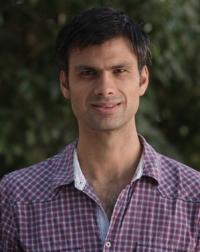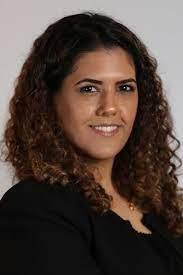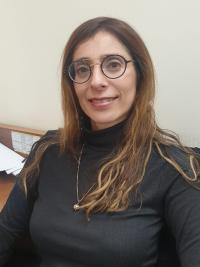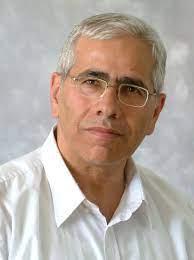Polarization and Consensus-Building in Israel: The Center Cannot Hold
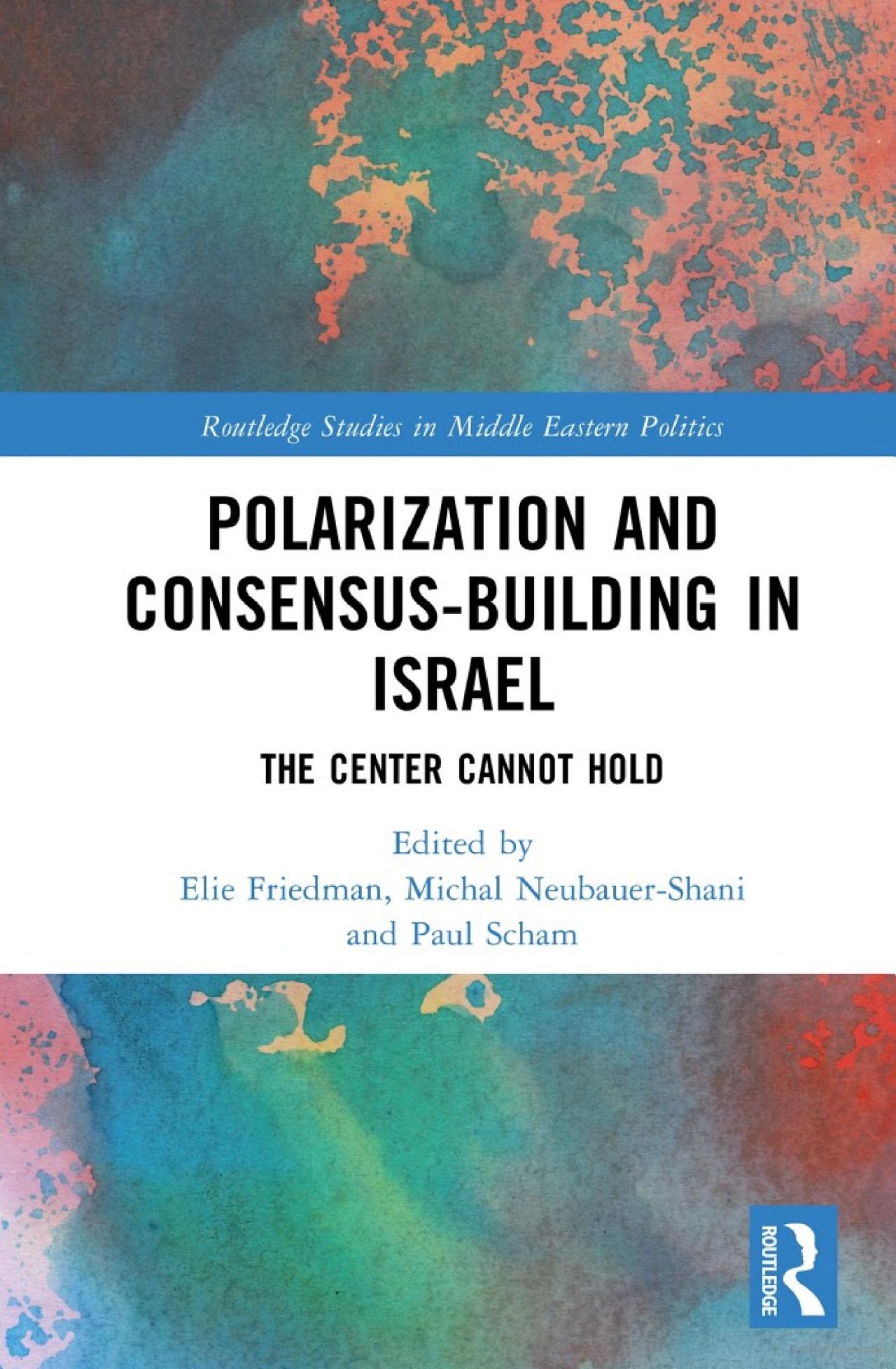
Polarization and Consensus-Building in Israel: The Center Cannot Hold
This online book launch will present a newly published edited volume examining the most pressing social and political issues confronting Israel from a multidisciplinary perspective, focusing on the breakdown of social solidarity and the inability to achieve consensus.
The contributors – encompassing political scientists, historians, communication researchers, sociologists, economists, and educators – focus on specific topics that serve as exemplary cases of various trends of consensus and polarization. These trends are examined in the context of ideological, religious, economic, national, and ethnic cleavages. In addition, this volume analyzes how political actors’ preference for “non-decision” on various issues has resulted in the maintenance of a status quo, with cleavages or conflicts being neither mitigated nor polarized. Together, this collection of articles paints a picture of Israel as a state racked by increasing polarization along ideological and religious lines. It is argued that this difficulty in determining a consensual definition of the state threatens to destroy social solidarity in Israel altogether, a climate in which “the center cannot hold.”
Speakers:
Elie Friedman (editor & contributor) is the Head of the Communication Division at the Multidisciplinary Department of Social Sciences, Ashkelon Academic College, as well as an adjunct lecturer at Bar-Ilan University and a visiting lecturer at the University of Maryland. His interests include political discourse with an emphasis on conflict resolution and polarization processes.
Anwar Mhajne is an Assistant Professor at Stonehill College and a political scientist specializing in international relations and comparative politics with a focus on gender, religion, and Middle Eastern politics. Her research focuses on how Islamic beliefs and institutions in the Middle East structure Muslim women’s political understandings, agencies, and opportunities at local, national, and international levels. Her research strengths lie in the following areas: Feminist International Relations and Security Studies; Democratization; Governance and Institutions; Civil Society and Activism; Political Islam; Middle East; Gender Politics; Social Movements; and Regime Change.
Michal Neubauer-Shani (editor & contributor) is a senior lecturer at the Department of Politics and Governance, and the Multidisciplinary Department of Social Sciences, Ashkelon Academic College. Her research focuses on Public Policy and State-Religion relations. She also addresses the issues of religious feminism and civics studies.
Csaba Nikolenyi is Professor of Political Science and Director of the Azrieli Institute of Israel Studies at Concordia University. His research focuses on the comparative study of political parties, electoral systems and legislatures in post-communist democracies as well as on the political systems of Israel and India. Dr. Nikolenyi has published extensively in comparative politics journals and has authored two books: Minority Government in India (2010) and Institutional Design and Party Government in Post-Communist Democracies (2014).
Paul Scham (editor & contributor) is Associate Research Professor of Israel Studies and the former Director of the Gildenhorn Institute for Israel Studies at the University of Maryland. From 2011 to 2021, he edited the journal Israel Studies Review, and he has co-edited Shared Histories: A Palestinian–Israeli Dialogue (2005) and Shared Narratives (2011). His research interests include Israeli and Palestinian historical narratives, Hamas, Jordan, and the religious right in Israel.
Zaki Shalom is a member of the research staff at Ashkelon Academic College and the Institute for National Security Studies (INSS) in Tel Aviv, Israel. He has published extensively on various facets of Israel's defense policy, the Arab-Israeli conflict, and the role of the superpowers in the Middle East, and Israel's struggle against Islamic terror. His work has also focused on the study of Israel's nuclear option, both in historical and contemporary perspectives.


